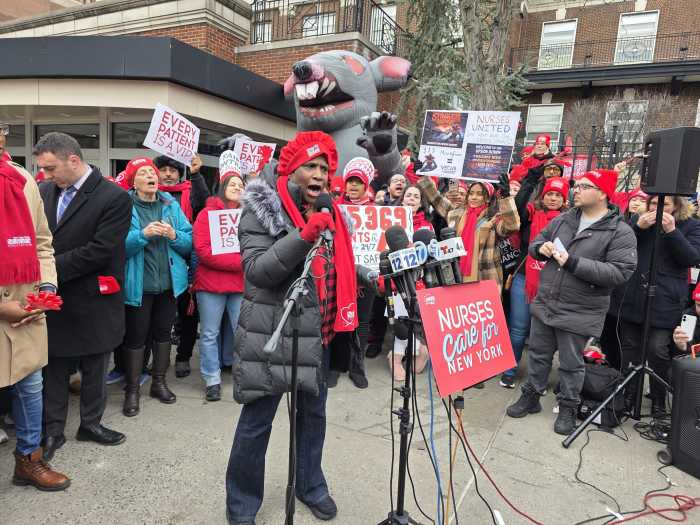The shooting down of a U.S. Navy surveillance drone by Iran is a reminder that when it comes to foreign affairs, there is no easy button. The world is sketched in many shades besides black and white.
Wise actors think ahead; actions have consequences. Some are predictable, some are not. And from those, there is no end to what you can learn, if you choose to do so.
Iran is a case in point. President Donald Trump pulled out of the 2015 nuclear agreement that constrained Iran’s nuclear weapons program and toughened sanctions, because he wanted to constrain Iran’s nuclear weapons program. Now Iran threatens to breach the deal by exceeding the allowed amount of low-enriched uranium, and says it might start enriching uranium closer to nuclear-weapons grade. Iran is asking our allies who signed the deal to restore economic benefits canceled by Trump — the same allies he alienated over trade and defense issues, the same allies he hopes will back us as he sends 1,000 more troops to the Middle East after apparent attacks on two oil tankers he blamed on Iran. Now, two nations with credibility problems on the world stage are arguing about whether the drone was in Iranian airspace, making the attack unprovoked or defensive. Until that’s known, it’s hard to know how to respond. As tensions spike, it doesn’t help that the Defense Department is transitioning from one acting secretary to another.
Many presidents have made a mess of the Middle East. Who’s to say new tactics might not work? But when different messages come from different people, turnover among top advisers is incredibly high, and telling the truth is optional, progress is nearly impossible to make.
Beyond Iran, Trump’s efforts to shut down the Southern border have only increased migration as desperate people decide they should try to enter the country now. The trade and tariff wars he’s pursuing with China and Mexico are pushing up prices on lots of goods here and hurting American farmers, whom Trump has bailed out twice with $28 billion of American taxpayers’ money.
Blunt force has its place. But planning, foresight and trust are virtues, too, and inconsistency often turns harmful. Food for thought, as our complicated world turns.




































